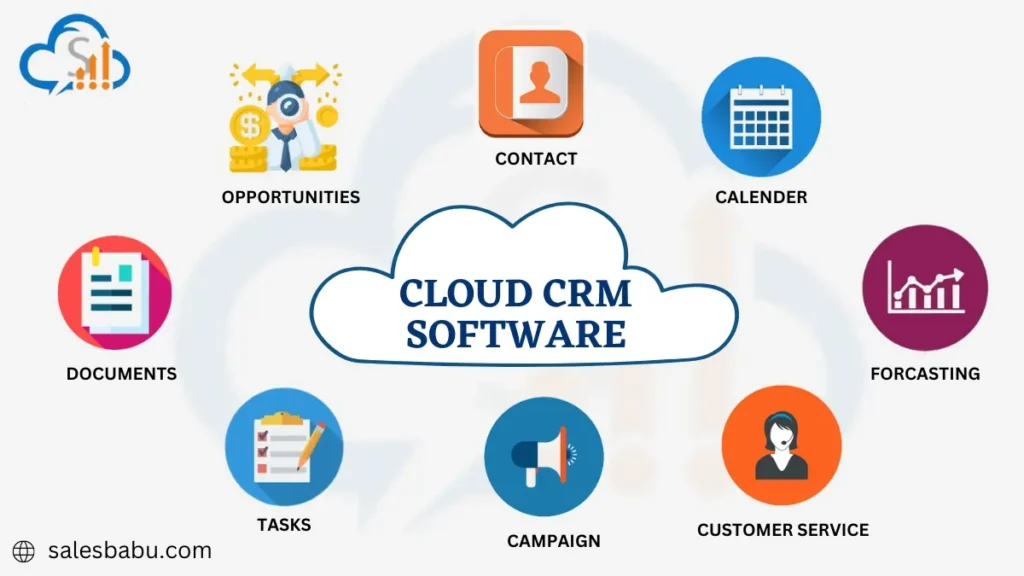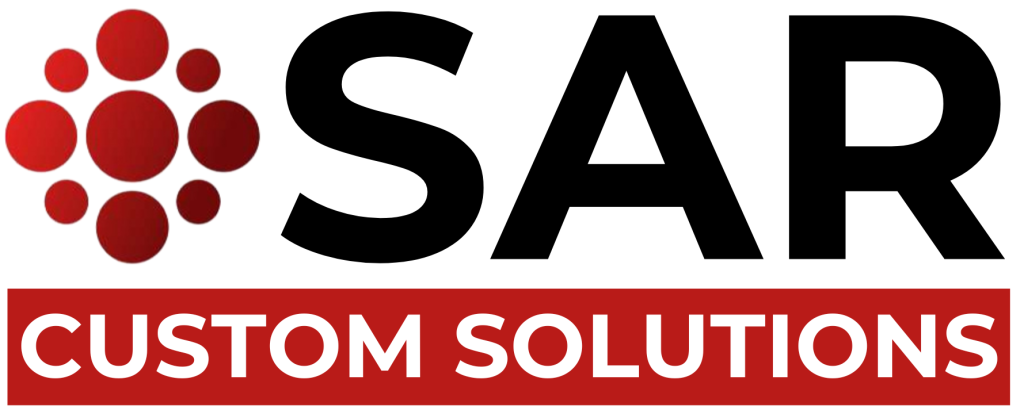
Introduction :
Building lasting customer relationships is crucial for the success of any business. Customer Relationship Management (CRM) is a strategy that focuses on understanding customers, meeting their needs, and building a long-term connection. Here are the fundamentals of CRM to help you establish and maintain strong customer relationships
1.Customer Understanding:
- Data Collection: Gather and organize relevant customer data. This includes basic contact information, purchase history, preferences, and interactions with your business.
- Segmentation: Divide your customer base into segments based on characteristics such as demographics, buying behavior, or location. This allows for more targeted and personalized interactions.
2.Communication:
- Multi-channel Approach: Engage with customers through various channels, including email, social media, and customer support. Consistency in messaging across channels is key.
- Personalization: Tailor your communications to individual customer needs. Use their name, recommend products based on their preferences, and provide relevant content.
3.Customer Service:
- Responsive Support: Address customer inquiries and issues promptly. A quick and effective resolution to problems builds trust and loyalty.
- Proactive Engagement: Anticipate customer needs and reach out before they encounter problems. Proactive support can enhance the overall customer experience.
4.Customer Feedback:
- Surveys and Reviews: Collect feedback through surveys, reviews, and other channels. Analyze this information to understand customer satisfaction and areas for improvement.
- Act on Feedback: Use customer feedback to make necessary improvements to your products or services. Demonstrating that you value their input fosters a sense of partnership.
5.Data Security and Privacy:
- Transparency: Clearly communicate how customer data is collected, stored, and used. Establish trust by prioritizing data security and respecting customer privacy.
- Compliance: Stay informed about and compliant with data protection regulations. This not only protects your customers but also safeguards your business reputation.
6.Customer Loyalty Programs:
- Rewards and Incentives: Implement loyalty programs to reward repeat customers. Offer discounts, exclusive access, or other incentives to encourage ongoing engagement.
- Recognition: Acknowledge and appreciate loyal customers. Personalized thank-you messages or exclusive offers can make them feel valued.
7.Adaptability:
- Continuous Improvement: Regularly review and refine your CRM strategy. Adapt to changes in customer preferences, market trends, and technology to stay relevant and effective.
- Technology Integration: Leverage CRM software and tools to streamline processes, automate tasks, and enhance the overall customer experience.
Benefits Of CRM
Customer Relationship Management (CRM) systems offer various benefits to businesses across different industries. Here are some key advantages of implementing a CRM system:
1.Improved Customer Relationships:
- Centralized customer data allows businesses to understand their customers better.
- Personalized communication and targeted marketing efforts can be tailored based on customer preferences and behaviors.
2.Enhanced Customer Experience:
- Streamlined processes and quick access to customer information result in faster response times and better service.
- Anticipating customer needs becomes easier with a comprehensive view of their interactions and history.
3.Increased Sales and Revenue:
- Effective lead management and tracking help in identifying potential opportunities.
- Sales teams can prioritize leads and focus efforts on high-value prospects, leading to increased conversion rates.
4.Efficient Marketing Campaigns:
- Targeted marketing campaigns can be designed based on customer segmentation and preferences.
- CRM systems provide insights into campaign performance, allowing businesses to refine their strategies for better results.
5.Data Centralization and Accessibility:
- All customer-related data is stored in a centralized location, making it easily accessible to authorized users.
- Real-time updates ensure that everyone in the organization has the latest information.
6.Enhanced Communication and Collaboration:
- Teams can collaborate more effectively by sharing customer data and insights.
- Improved internal communication ensures that everyone is on the same page regarding customer interactions and needs.
7.Automation of Repetitive Tasks:
- Routine tasks such as data entry, follow-ups, and scheduling can be automated, saving time and reducing the risk of human error.
- Sales representatives can focus more on building relationships and closing deals.
8.Improved Analytics and Reporting:
- Comprehensive reporting features provide valuable insights into sales performance, customer behavior, and overall business trends.
- Data-driven decisions can be made to optimize strategies and improve business outcomes.
9.Regulatory Compliance:
- Ensures that customer data is handled in compliance with data protection and privacy regulations.
- Helps businesses maintain trust and credibility with customers.
10.Scalability and Flexibility:
- CRM systems can scale with the growth of the business.
- Many CRM platforms offer customization options to adapt to changing business requirements.
Implementing a CRM system can significantly contribute to the overall success and sustainability of a business by fostering better customer relationships, streamlining operations, and driving growth.
By focusing on these fundamentals, businesses can build and sustain strong customer relationships, leading to increased customer satisfaction, loyalty, and ultimately, business success.


Leave a Comment